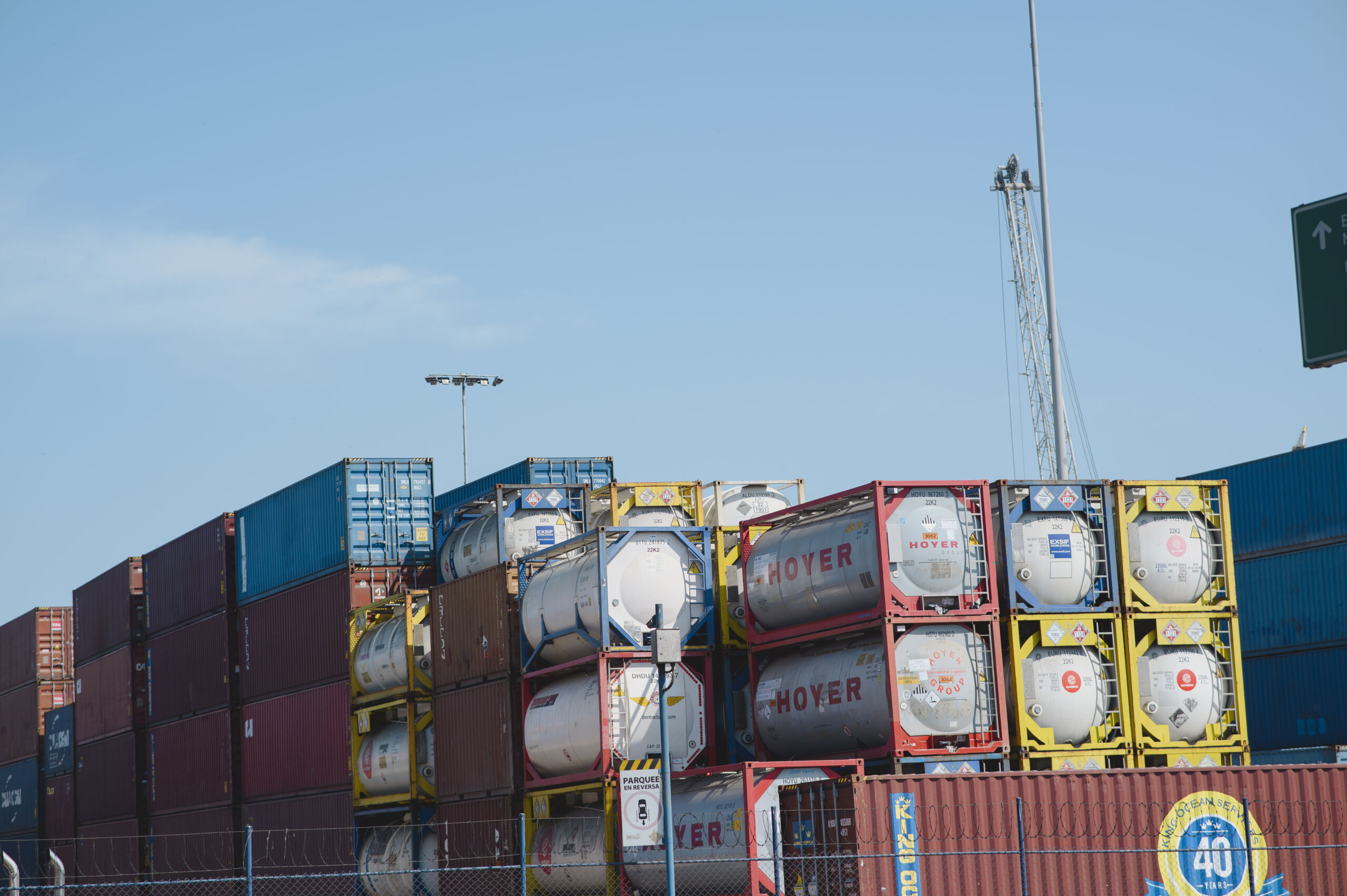
The recent trade policies implemented by the Trump administration—particularly the imposition of a 32% tariff on palm oil imports from Indonesia—are significantly reshaping the dynamics of international trade. Indonesia, which exported around 1.6 million tons of palm oil to the United States in 2024 (representing 87% of U.S. palm oil imports), now faces reduced competitiveness in the North American market. This shift could create new opportunities for producers in Latin America, who may benefit from less competition supplying the U.S. market.
However, what may initially seem like an advantage for Latin America’s palm oil sector—gained through improved competitiveness due to the tariff gap with Southeast Asia—also carries potential risks. The decrease in Indonesian exports to the U.S. may prompt these exporters to redirect volumes toward new destinations such as Western Europe, where Colombia already maintains a strong presence. In 2023, Colombia exported approximately 78,523 tons of palm oil to the Netherlands, one of its top European destinations. The arrival of Southeast Asian volumes could intensify competition in these established markets for Colombian palm oil.
Moreover, the U.S. market presents particular challenges that may limit Latin American producers’ ability to take advantage of the situation. Despite consuming roughly 1.8 million tons of palm oil annually, the U.S. market harbors strong skepticism about palm oil, and prices tend to differ substantially from those of the Colombian sector. These factors could hinder Latin American producers’ efforts to expand in the U.S., even with the reduced presence of Southeast Asian suppliers.
In conclusion, the trade policies implemented by the Trump administration are driving a reconfiguration of global palm oil trade. While they may present short-term opportunities in the US market, they are also likely to lead to increased competition in Europe as Southeast Asian producers shift their focus. This would means natural market substitution, leading to less favorable trade conditions for Latin American palm oil exporters.
